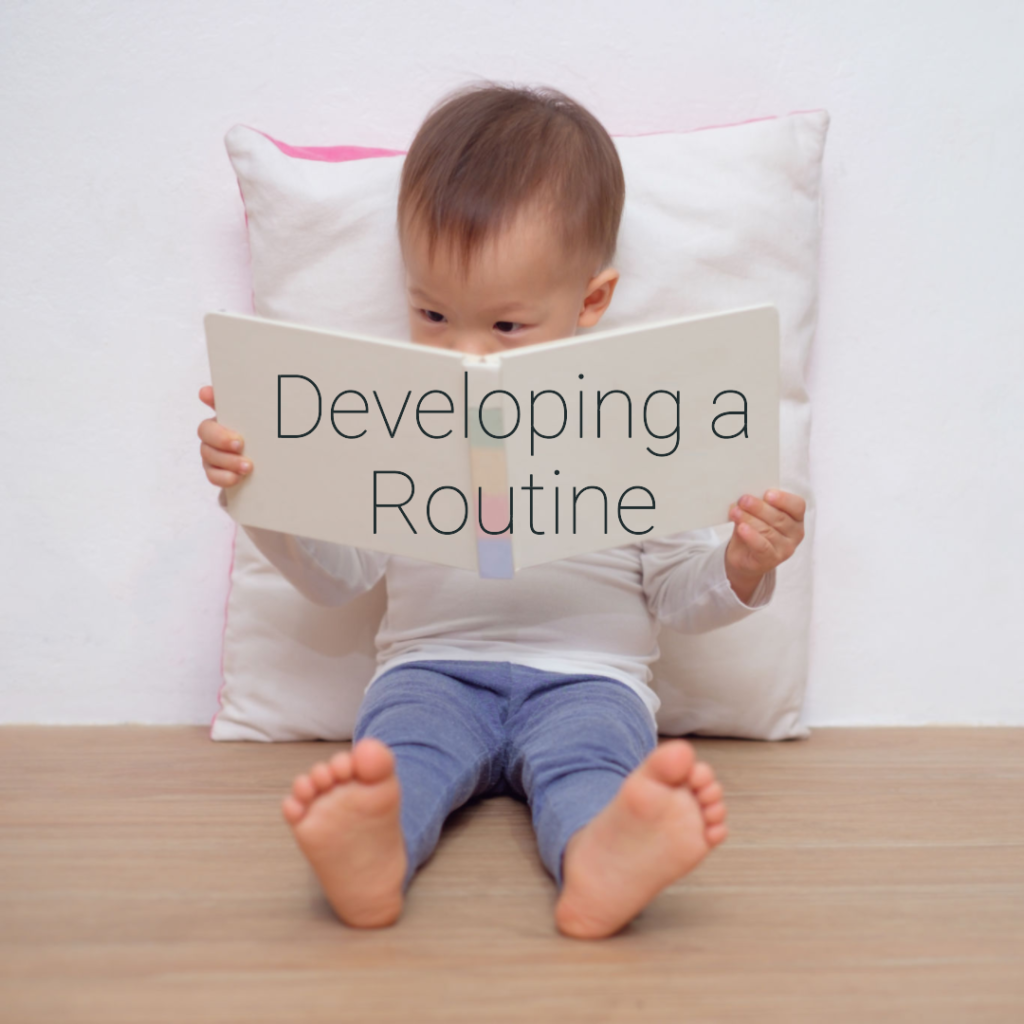
Social media has become an integral part of our daily lives. As students, we use it to connect with friends, share our lives, and stay updated on the latest trends. However, social media can also bring a lot of pressure. Which can negatively affect our mental health and academic performance. In this article, we will discuss seven effective ways to deal with social media pressure as a student.
-
Set Boundaries
The first step to dealing with social media pressure is to set boundaries. Social media can be addictive, and spending too much time on it can affect your studies and social life. Decide on a specific time each day to check your accounts and stick to it. You can also turn off notifications or limit your usage to certain apps. Additionally, it is essential to set boundaries with the content you consume. Follow accounts that inspire you and unfollow those that trigger negative emotions or distract you from your goals.
For example, if you find that you spend too much time scrolling through Instagram, set a time limit for yourself, and stick to it. You can also mute accounts that post negative content or unfollow them altogether.
-
Prioritize Self-Care
Self-care is essential for maintaining good mental health and reducing virtual pressure. It involves taking care of yourself physically, emotionally, and mentally. Some self-care practices include exercise, meditation, getting enough sleep, and eating a healthy diet. When you prioritize self-care, you are better equipped to handle the stress and pressures of social media.
For instance, take breaks from online stuff to focus on self-care activities like exercise, reading, or spending time with friends and family.
-
Practice Mindfulness
Mindfulness is a practice that involves being present and fully engaged in the moment. It can help you reduce anxiety, improve focus, and manage stress. When you practice mindfulness, you become more aware of your thoughts, emotions, and physical sensations. You can then respond to them in a way that aligns with your values and goals.
For example, practice mindfulness by taking a few deep breaths before logging onto any social platform. Notice how you feel and any thoughts that come up. Then, choose to engage with social media mindfully and intentionally.
Related Articles:
Beat Procrastination: Ultimate Guide for University Students
10 AI Tools Every Student Needs for Academic Excellence
Excelling Academically: 10 Essential Tips for University Students
-
Build a Support System
Having a support system is crucial for managing online pressure. It can be challenging to deal with the pressures of social media alone, and having people you can turn to can make a significant difference. Build relationships with people you think can be of help. ie. Friends, family, teachers, or even online communities.
-
Practice Gratitude
This simply means acknowledging the positives in your life and expressing gratitude for them. It can help you cultivate a positive mindset and reduce stress and anxiety. You can practice gratitude by keeping a gratitude journal, expressing appreciation to people in your life, or focusing on positive aspects of your day.
For example, start each day by writing down three things you are grateful for. Or, take a moment to appreciate a positive interaction on social media.
Check out the effects of social media on your studies here
-
Be Selective with Your Social Media Use
Choose platforms that can add something positive to your life. And, limit your usage of platforms that trigger negative emotions or distract you from your goals. Additionally, it is essential to be aware of the time you spend on social media. Also, avoid comparing yourself to others because the virtual world is not always the reality. Most importantly, don’t us social media during your productive hours of the day.
For instance, limit your usage of social media platforms that trigger negative emotions or distract you from your goals. Instead, focus on platforms that inspire you or help you connect with like-minded individuals.
-
Seek Professional Help
If you are struggling with the online pressure, then seek professional help. A mental health professional can help you develop coping strategies. They can also help you address any underlying mental health concerns that may be contributing to social media pressure.
For example, seek out a therapist who specializes in social media and mental health or talk to a school counselor about your concerns.
The fact is, the virtual world is changing people’s lives positively. But, as good as it may be, it can be very destructive as well. Just be mindful of how you use it so that you will reap its full benefits.
Leave a comment below!




